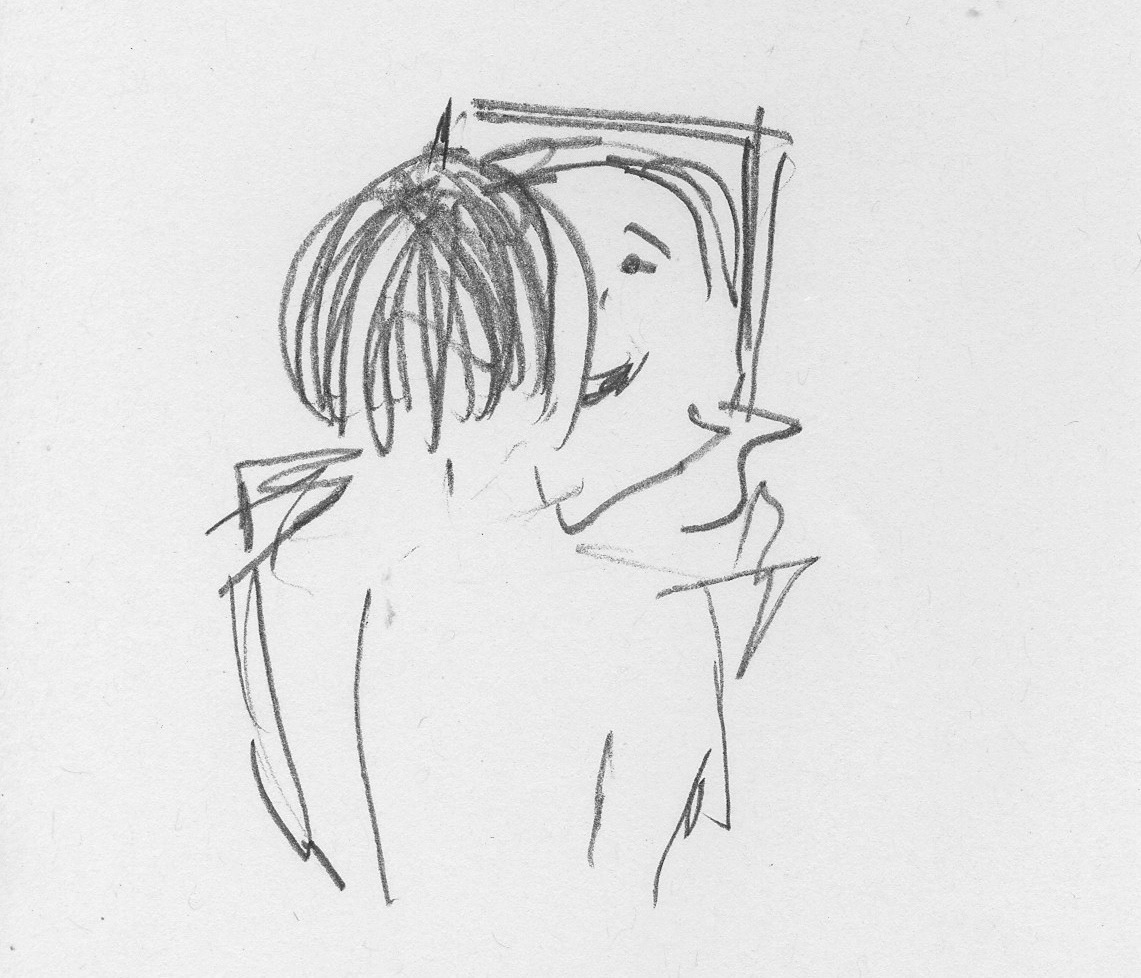 University life is impoverished at the most obvious level by diminishing levels of public funding, and this situation reflects (although not always among the public) a growing lack of interest in knowledge, an expanding validation of populism, a distrust of expertise, and an increasing acceptance of the troublesome idea that intellectual advancement is synonymous with greater political discernment – something that is clearly not in the interests of The Party. It seems that, Party-side, as long as the universities pose no threat to the hegemony, the best that might happen is that they be permitted to muck around under the impression that they have a valued part to play in the civilized society (and won’t they love that! Even the illusion ought to be sufficient). And the program of ‘reform’ proceeds sans inhibition.
University life is impoverished at the most obvious level by diminishing levels of public funding, and this situation reflects (although not always among the public) a growing lack of interest in knowledge, an expanding validation of populism, a distrust of expertise, and an increasing acceptance of the troublesome idea that intellectual advancement is synonymous with greater political discernment – something that is clearly not in the interests of The Party. It seems that, Party-side, as long as the universities pose no threat to the hegemony, the best that might happen is that they be permitted to muck around under the impression that they have a valued part to play in the civilized society (and won’t they love that! Even the illusion ought to be sufficient). And the program of ‘reform’ proceeds sans inhibition.
Research alters its focus continually; methodologies change and adapt and are examined and revised, and the questions being asked are always under negotiation. The last forty years have seen enormous changes to musicology, as an inter-disciplinary approach has become more and more broadly accepted and encouraged.
Autoethnography is the new thing for people doing music research. You want to write about a musician? Fine. Go ahead. – Wait. You are a musician? Then why not write about yourself? Your experience is just as valuable as anyone else’s; John Cage was 27 once. So was Johann Sebastian Bach. They must have had a few thoughts, have dealt with a few experiences – so have you! Here, mine that field. Show us your gold.
Musicians should, it need hardly be said, have thought about who they are and from whence they have come. They ought to be in touch with a few influences, and even to have reflected on what those influences mean and why they are so significant. They can even have a think about how it is that they locate and annex influence, and what it is that motivates them to keep exploring. They should most certainly consider their relation to the place in which they find themselves, the time at which they are operating, and the community in which they feel most comfortable. Everyone knows that very few work in isolation, and to situate oneself is a key to finding a means to work. Even a hermit must have made a decision to dissociate, and the source of that decision is not without interest.
The origins of one’s creativity are compelling – to one. And by all means, broadcast them if you wish. Sign up at Blogspot or WordPress or whatever, and invite the world to witness your reflections, to share in your journey. Or, on the other hand, you could pop into Bookbinders and purchase a beautiful hardbound blank volume and commence inscribing your thoughts for just yourself. Bloggers, so-called, or web-journalists, or internet-diarists, share what they feel is manageable, what is sufficiently suitable for sharing. They cast themselves in the light they find most flattering – very possibly that’s what I’m doing right now – and readers can make their own conclusions from what they read, and form their own relationship with it. Arguably, private journal writers do the same thing, although they are prepared to wait for the audience’s judgement, and may not be around when it is delivered. But that’s all it is: self-portraiture of a tentative and negotiable nature, perhaps permanent, perhaps liable to revision, costing no-one anything and yielding no discernible reward.
It seems though that the universities have found a means for turning this to bounty, because here come the doctoral students with their ‘I began to explore improvised music after I heard Kind of Blue, one of the best jazz albums ever’ and their ‘The piano wasn’t really for me because I couldn’t march with it.’ Really? We need to know that? That promotes awareness and wisdom in the world? Grief, I’d been wasting time on Gesualdo, or Berlioz’s orchestration, or Schumann’s gender constructs in Frauenliebe und –leben. Or perhaps it’s simply the triumph of the tedious.
It’s not fashionable to argue that anything can be known at third hand; let’s face that you’re you and by being you you’ve fucked up any chances of understanding anyone else. But what if you could acknowledge your perspective even as a contributing factor in the research, while you endeavoured to find out about something different? Because if you were interesting, you should be trying to expand yourself, yeah? So why write only about your expansionist motivation while ignoring all that you find? I can’t think that there’s no defence for looking at other things closely, and even writing about them. If you want to find stuff out, make that the subject of your research. And look beyond yourself. You’re fascinating – I know, right? – but to history may be ceded the task of determining just how fascinating. And that’s ahead of us.
27/i/2015